The right foods and drinks can help you become a better athlete. Here are a few tips, directly from NBA superstars Peja Stojakovic and Vlade Divac, on how kid athletes can use nutrition to their advantage, just like the pros.
Covering the Bases
All kids need to eat a variety of healthy foods, and athletes are no different. Everybody needs foods that include:
- Protein (found in meat, eggs, and dairy foods)
- Carbohydrates (grains like wheat bread)
- Vitamins (as found in fruits and vegetables, for instance) and minerals like calcium (found in dairy products)
Note: Kids need some fat, too, but that's not usually difficult to get. It's found in meats, cheeses, nuts, oils, and butter so you don't usually have to look too far to find them.
Consuming Calories at a Clip
So what makes athletes different when it comes to eating? The main thing is that athletes may need more food. Why? They burn more calories by practicing and playing so much.
School-age kids (ages 6 to 12) generally need between 1,600 and 2,500 calories a day. An athlete who is more active than a typical active kid might need to eat more. Calorie needs go up during puberty, so take that into consideration too when deciding on how many calories to consume.
Calcium and Iron
Calcium and iron are two important nutrients for kids - especially athletes. Calcium builds strong bones, which are less likely to break under the stress and strain of heavy activity. You'll find calcium in dairy products, like milk, yogurt, and cheese. Other good sources include dark, green leafy vegetables and calcium-fortified products, like orange juice.
Kid Athletes Don't Diet
It's not usually healthy for kids to go on diets - to lose or gain weight. Coaches or teammates who say you have to go on a diet are probably giving you bad advice. Talk these issues over with your mom or dad and your doctor, if necessary.
Some sports emphasize large or small body sizes, but kids can play sports like gymnastics or football without going to extremes to lose or gain weight. In fact, because kids are still growing it's important to let your body grow to the height it was meant to be without the interference of dieting.
Bring on the Liquids
You've probably seen athletes drinking water when there is a break in the action. That's because athletes need water before, during, and after exercise. When people sweat, they lose water through their skin and sweating cools the body down. But if you lose too much water this way, you could get dehydrated.
When you come to the Peja & Vlade Summer Basketball Camp you will be encouraged to drink lots of liquids in order to minimize dehydration. If you get dehydrated you won't feel well or perform well. Serious dehydration can make you sick enough that you'd need to go to the emergency department for treatment.
Drinking before, during, and after exercising (or an event) is the best way to stay hydrated. Don't wait until you're thirsty. Water is the best choice. Fruit juice mixed with water is another refreshing drink. But avoid soda, especially caffeinated ones.
A sports drink is OK once in a while, but remember that these drinks have a lot of sugar and calories.
Time to Practice or Compete
When it's time to practice or play, you'll get energy from the foods you've been eating all day. But it's still a good idea to eat well on that day. If you're going to eat a meal, have it 1 1/2 to 3 hours before practice or game time.
If you have a full stomach, your body will need to spend energy digesting food, leaving less for you to use in your game or practice. But you don't want to be hungry either. Bring a snack, especially for long practices, competitions, or all-day camp. Half a sandwich, fresh or dried fruit, or a small handful of nuts are all good snacks. Sports bars, or energy bars, are convenient, but they aren't necessary for athletes. You can get the same energy from healthy foods.
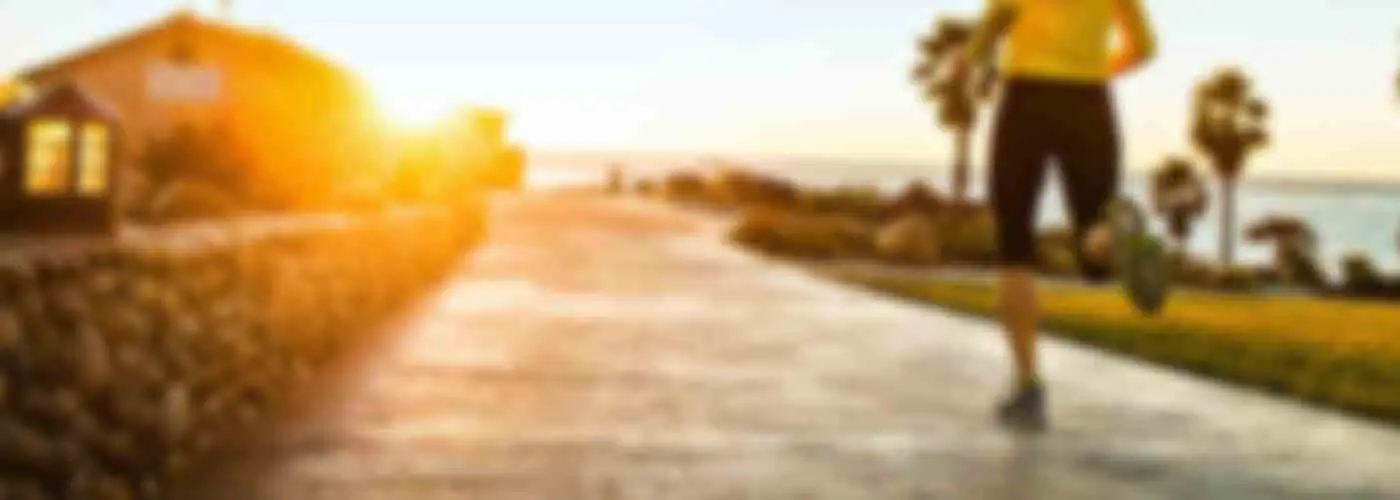

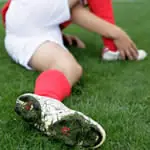

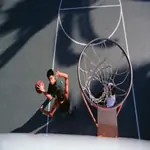
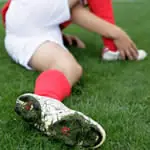
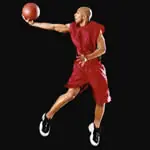
Discuss This Article